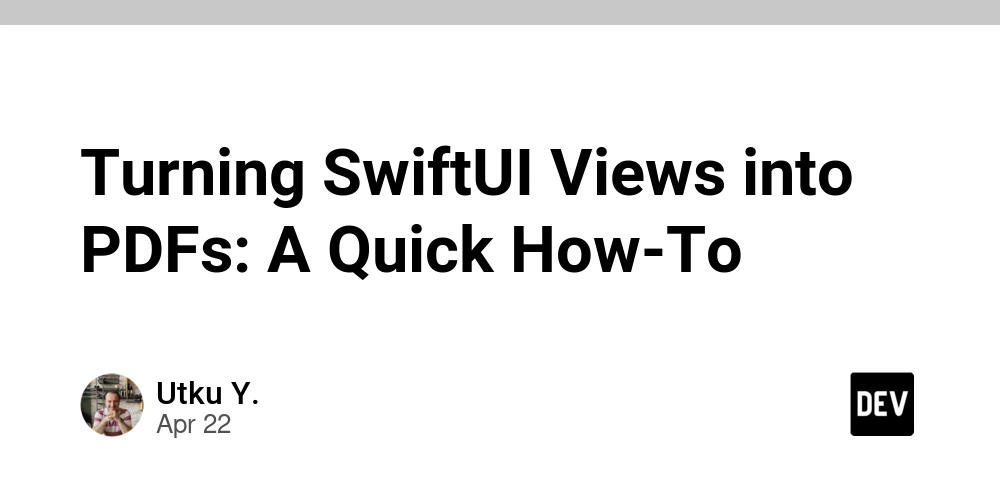From enormous payouts to pink slips: What it's like to work at a hedge fund right now
"If you can nail that type of investing, there are great rewards for it," one former portfolio manager said.
Getty Images; Alyssa Powell/BI
It should be a good time to work for the biggest hedge funds in the world.
Firms like Millennium, Citadel, Point72, and Balyasny are experiencing rapid growth and offering eye-popping pay packages, which can reach tens of millions of dollars for the most sought-after risk-takers.
Investors in hedge funds came into the year the most optimistic they'd ever been, thanks to strong performance in 2024, Goldman Sachs says.
Market wild cards like the new US administration, artificial intelligence advances, and shifting global interest rates should give savvy hedge fund traders plenty of opportunities to stand out.
The biggest managers have the latest technology, advanced risk systems, reams of market data, and significant budgets to hire a team of top analysts. The downside? They offer nearly zero job security.
Millennium, Point72, Citadel, and Balyasny are the Big Four of the hedge fund conglomerates known as multistrategy firms, or sometimes "pod shops," that blend a variety of investment strategies within a single fund. As those four firms have grown their head counts, assets, and brands, their recruiting purview has expanded as well. Firms once content to poach young talent from private equity's ranks or business school graduating classes are now competing with banks and top tech firms for undergraduate interns.
At a time when the idea of a career of big trades and even bigger paychecks might seem more appealing than ever, Business Insider is taking a closer look at what it's like to work at an elite hedge fund. This is the second story in a series exploring how finance career pathways are changing and the impact on young people.
In a world where these firms are being compared against investment banks, the biggest hedge funds are a throwback to a time when Wall Street pros ate what they killed — and went hungry if they didn't succeed.
These firms can be quick to cut people who aren't adding to the bottom line. The annual churn of people who manage money at the Big Four was roughly 20% last year, according to the alternative data provider Revelio Labs.
The selling point for these investing conglomerates to external investors is not an individual money manager or a specific strategy but the sum of the firm's components, especially the risk management systems. One investor in hedge funds described these firms as "skill factories" that could overcome the loss of any individual team.
Churn is driven by firms poaching rivals' star performers and culling internal underperformers. The shuffling of people in and out of these coveted seats is a feature of the model, not a bug.
"These aren't places to build a career usually," said one former portfolio manager who has worked at several of the biggest multistrategy hedge fund firms.
"It's a place to survive and get paid while you can," they added, "because you don't know when things will turn against you."
Butterflies, good and bad
To play in the "majors," aka the Big Four, which employ roughly seven out of every 10 investment professionals among all multistrategy hedge funds, you need plenty of technical and interpersonal skills to even be considered. But an iron stomach might be the most critical.
When markets turn against you — and they always do, at some point — even the best people managing money get "butterflies, and not the good kind," one portfolio manager told BI. It's why top funds employ performance coaches. Zyn pouches and receding hairlines are omnipresent on hedge fund trading floors, too.
Losses as little as 5% of an investment portfolio in a week can result in a pink slip, and the scale of the biggest firms gives them a close to unlimited budget to recruit external talent to replace those who lose money.
"Not losing money in volatility events is a really important part of investing at a pod shop," said Brett Caughran, a former portfolio manager for Citadel, Schonfeld, D.E. Shaw, and Maverick, who founded the multistrategy-focused training firm Fundamental Edge.
Caughran tries to stress to those signing up for his training that working at a multistrategy firm means "there's a moment-by-moment paranoia about the systematic risks in my portfolio."
Compared with firms with longer investment time horizons, where he said people could ride out short-term volatility, a hypothetical Millennium portfolio manager is playing a "batting average game" focused on diversified, smaller bets. Concentrated firms, such as Bill Ackman's Pershing Square, are looking for a few home runs, but a Millennium PM wants to hit singles more often than not.
"Some people are more temperamentally aligned with that, and if you can nail that type of investing, there are great rewards for it," he said. Showtime "Billions"
Smart people with plenty of career options might have underlying motives for being attracted to such a high-stress environment, but the universal draw is the paycheck.
Despite the proliferation of portfolio managers in the past decade thanks to the growth of multistrategy hedge funds, these jobs are still rare and come with serious pay packages, such as a bonus that can be up to 25% of your portfolio's gains for yourself and your team.
If you make 20% in a $1 billion portfolio in a year, for example, that could mean a $50 million bonus to distribute between your small team of analysts and yourself, on top of a guaranteed six-figure salary.
There's also a mix of competitiveness and ego that drives people to take jobs at the biggest of firms. The industry has been glamorized in shows like "Billions," which is loosely based on one of the Big Four founders, Point72's Steve Cohen, and attracts type A personalities who thrive on constant competition.
As one multistrategy executive told BI, when the calendar flips to a new year, "everyone's at zero again — and no one cares what you did last year, last month, or last week."
"It's a what-have-you-done-for-me-today-type industry," he said.
Despite the self-belief needed to play in the majors, don't expect any self-respecting portfolio manager to brag about a good run around the office. In the same manner that pitchers in the midst of a no-hitter don't acknowledge it, PMs are similarly superstitious.
"It's almost like a euphoric feeling" when reality matches with your research and strategy, another portfolio manager told BI.
"You always have to consciously suppress it," this person said, and stay even-keeled.
A shift to more stable teams?
"Ten to 20% is normal" churn for portfolio managers at a multimanager platform, said Justin Young, director of investments at Multilateral Endowment Management Company, a hedge-fund investor in Oklahoma that manages assets for Oklahoma State University's endowment and other institutions.
"You'd expect 15 to 20% of PMs to have a bad year," he said.
Several industry experts, however, said a structural shift might be underway that could result in less turnover. The biggest hedge funds are moving away from legions of PMs to broader teams that can run more capital, and turnover will likely lessen.
One business development executive at a multistrategy firm — who is tasked with recruiting investing talent to join their fund — said a recent industry focus had been on combining investing teams and scaling the amount of capital the combined entity runs. Millennium, for example, now has its portfolio managers reporting to a senior portfolio manager, who often oversees several investors in larger teams.
The more money in the portfolio and the higher the head count, the less likely a tough quarter leads to a cut, Caughran said.
"Teams are now 10, 15, 20 people — they're not cutting those teams when they're down 2%," he said.
Funds might be pushed toward such a strategy by the next generation of talent. The business development executive said young finance professionals working in banking were less interested in hedge funds than they once were.
At Yale's business school, those involved in the investment management club — students you'd think would be ideal candidates to work at a large multistrategy fund — are more interested in longer-term investing strategies run by places like venture capital firms or hedge funds like those associated with the late investor Julian Robertson, known as the Tiger Cubs, said Victor Ocampo, the club's president.
Ocampo said the constraints of working at some of the biggest names in hedge funds were often "too strict," especially given their demand for market-beating returns.
"I'm the person who they're going to fire if it doesn't work," said Ocampo, who worked previously as a portfolio manager for the Latin American investment firm Sura Asset Management
To be sure, while there might be anecdotes of young people becoming uninterested in firms modeled like the Big Four, the data show that these funds are still a big draw. Last year, Citadel and Citadel Securities, the market-making business also founded by Ken Griffin, received more than 85,000 applications for its internship slots, a more than 30% bump from 2023.
Ilana Weinstein, a longtime industry recruiter who runs The IDW Group, said she advises her clients to ask large multistrategy funds what percentage of the investing team is homegrown.
"If a firm can say the majority, that tells you what you need to know about allowing for some footfalls and giving you the chance to succeed," she said. "Not all multimanagers are created equal."
These managers, Weinstein said, do not want to cut people indiscriminately. Point72, Citadel, and Balyasny have built out internship and training programs to develop more investing and technical talent in-house. Millennium partners with UBS, where young hires spend a year learning entry-level skills at the investment bank before starting at the hedge fund.
These firms naturally have a vested interest in seeing these younger pros grow into success stories at their firms instead of rivals.
"They put so much effort into recruiting talent and then developing," Weinstein. "They want to see a return on their investment and give these people time to adjust."
Want to share your career path with us? Fill out this quick form.



































































